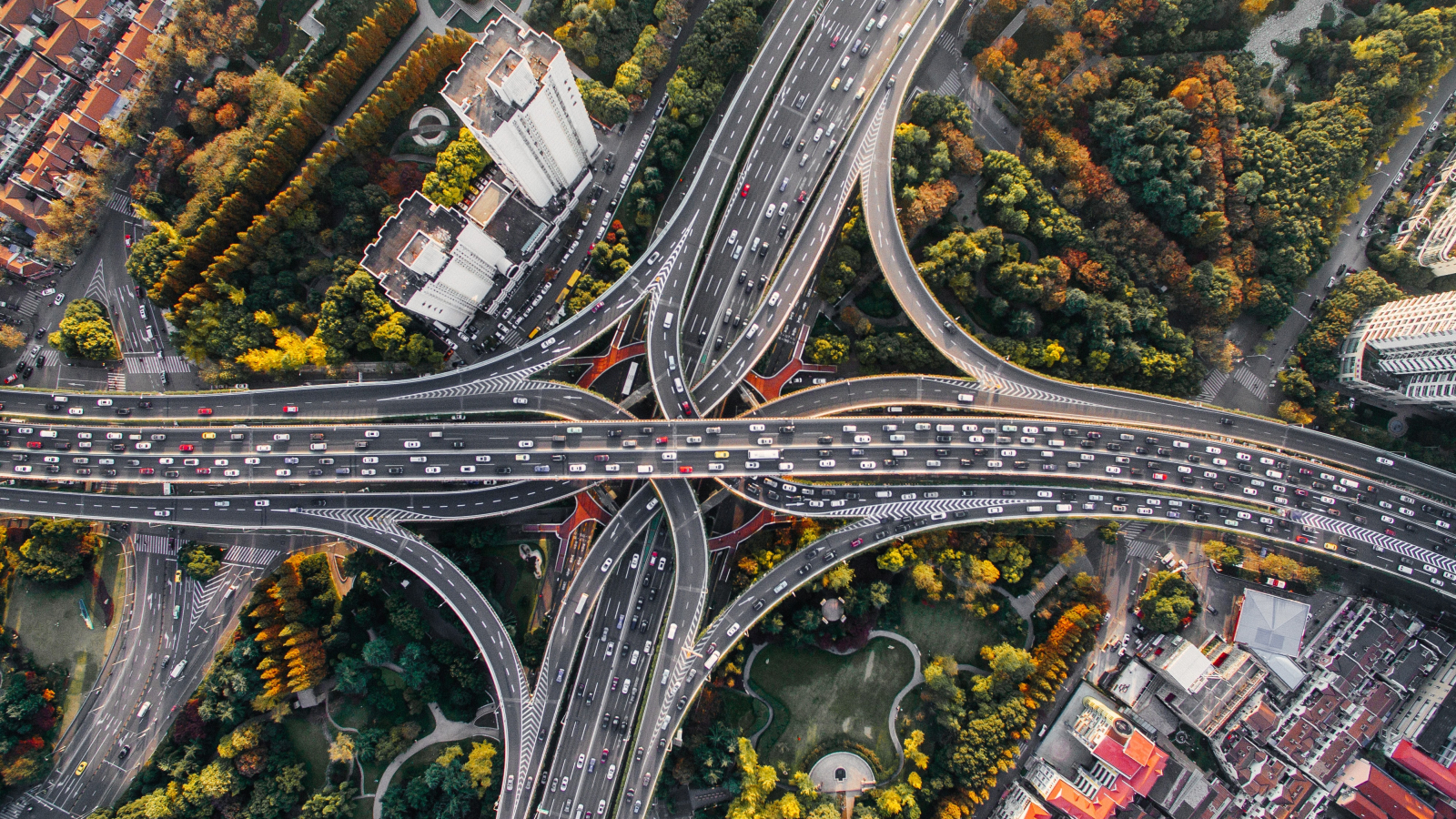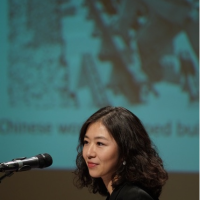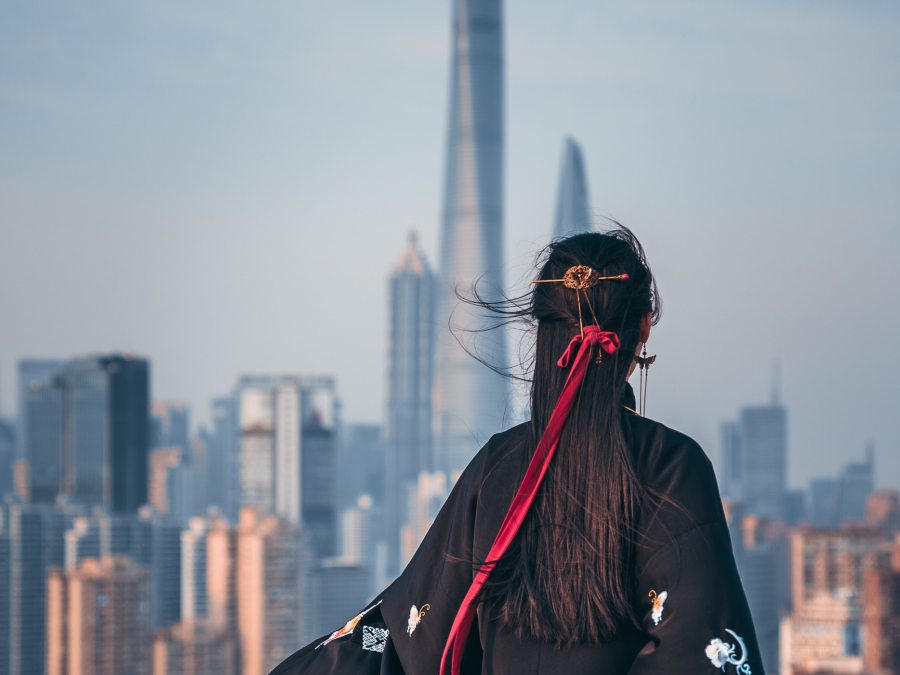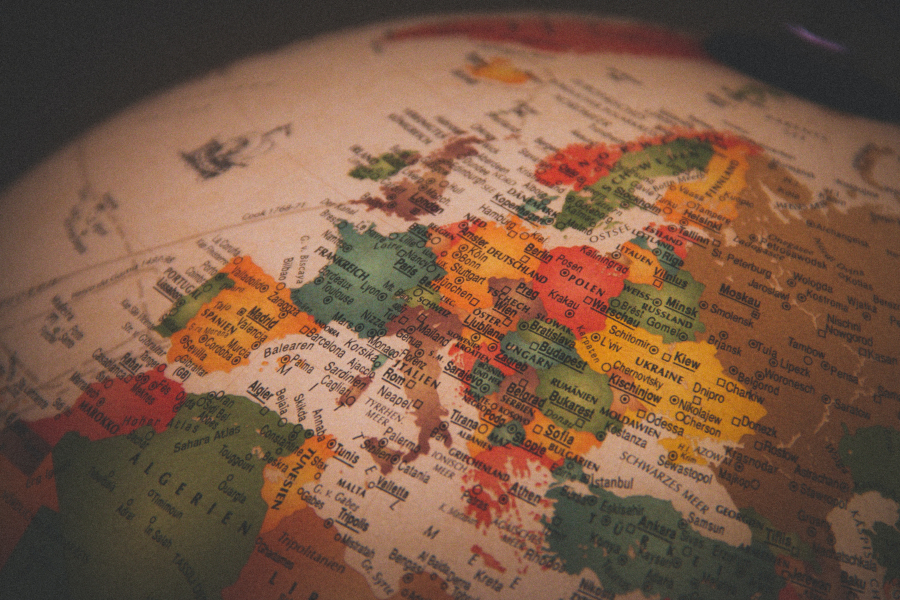If you want to be wealthy, build a road first

Since the Chinese President Xi Jinping launched the Belt and Road Initiative on a visit to Kazakhstan in 2013, the plan to rebuild the ancient silk road connecting China and Europe has become his signature foreign policy. The Belt and Road Initiative promises to connect Eurasia via railways, roads, and ports, reviving historic trade routes. It strengthens both the economical and the diplomatic relations between China and other countries in the region. How can we understand this policy from the Chinese perspective? Is it China's purpose to use its economic power to make other countries dependent? These were questions journalist Eelco Bosch van Rosenthal (NOS/Nieuwsuur) asked political economist Dr Jue Wang (Leiden University) in the first interview in the Rethinking Global Power series.
An economic superpower
The rise of China's geopolitical power is intertwined with the rise of their economic power. When we think about China and its economy, all kinds of cheap products touted in the famous web shop Alibaba might come to mind. Of course, as with all cliches, this one is also true. Due to its low labor costs and lack of regulatory compliance China has become known as "the world's great manufacturing center". This is, however, a one-sided picture of the Chinese economy. China invested intensively in public infrastructure during the last decades. Such investments provided access to markets, lowered costs of production and transportation, and allowed China to compete both domestically and internationally. Infrastructure is more important to the Chinese economy than most people realize on the outside. Massive infrastructure projects help to keep citizens employed and help China to reach its ambition. "If you want to be wealthy, build roads first" is therefore a famous Chinese saying. That is how your village gets connected to the outside world: that is where the trade starts.
Building roads abroad
Thus, China became very good at building roads, bridges and ports. Around 1990, the Chinese government, however, began to realize a problem of overcapacity in the transportation, energy and construction sector. You cannot keep building bridges indefinitely. Even a country with the size of China reaches its limit of bridges, railway and roads. So, how do you make sure that these sectors continue to grow? Indeed, you start building roads, bridges and railways abroad. Therefore, China initiated to build much-needed infrastructure in places where such investments have long been neglected. Besides, the Chinese government wanted companies to play a more active part at the foreign markets so that they can learn more advanced skills.
Neocolonialism?
From 2013, this foreign economic policy was officially labeled as the Belt and Road Initiative, thereby becoming a real signature project getting more attention of Western countries. These countries began to realize that China was investing in developing countries and started questioning whether this was a good idea. Critics have described the Belt and Road Initiative as neocolonialism, as a strategic action to enhance China's influence outside its borders or as a plan to entangle countries in debt which ultimately forces them to hand over territory and strategic assets.
"Labeling the Belt and Road Initiative generated friction in the West" Wang explains. "Western countries thought: now the Chinese are investing, what does that mean for us? Isn't that imperialistic?" The Chinese influence and control in developing countries recalls memories of colonialism. And colonialism is no stranger to us. Although we don't speak about colonialism anymore, Western countries are still doing development aid in countries wanting to bring important democratic values and human rights to these countries. This is not the case when China starts an infrastructure project in a developing country. Unlike the World Bank, for example, China tends to offer loans with no political strings attached. China follows a non-interference policy because it doesn't want to be politically interfered by other countries either. In other words, political change is never a condition to China's investments. This is not to say that China invests unconditionally. China is looking for profit and wants return on investment.
Are China's foreign investments for developing countries then leading to prosperity or dependency? From a Chinese perspective, these infrastructure projects are a win-win. China holds that developing countries deserve the same opportunities as developed countries and the Belt and Road Initiative will help in this. "Furthermore" Jue explains "China does not benefit from a developing country being highly dependent because it wants its loans to be repaid".
Economic driven
The Belt and Road Initiative shows how China's economical interest drive its foreign relations and policy. Whereas the initiative was in the beginning more economically motivated, we now see a lot of strategic and geopolitical implications associated with this project. In the interview Wang and Bosch van Rosenthal talked about other aspects of the Chinese economy too, such as the recent slowdown, and how that might influence China's position as a global superpower.











